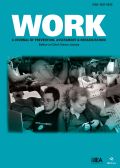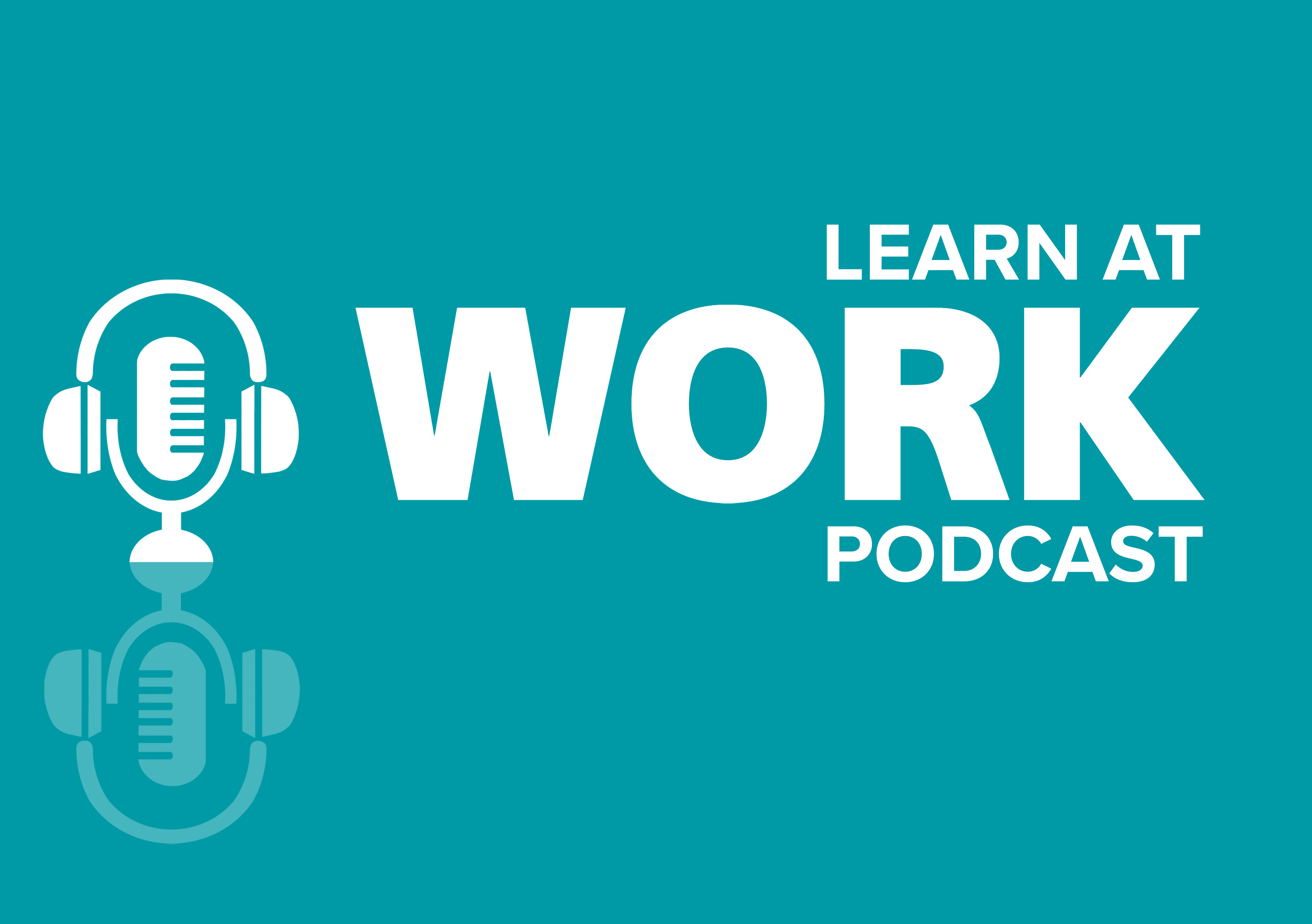Authors: Sakai, Kazuya | Hashimoto, Takeshi | Inuo, Sadafumi
Article Type:
Research Article
Abstract:
As the mental health care system in Japan is putting an increased emphasis on community rehabilitation, an effective working-support program is needed for patients with schizophrenia. In order to examine personal factors associated with competitive employment, a retrospective, cross-sectional study was conducted with patients involved in an integrated program that provides both psychiatric care and a working-support service for patients with schizophrenia. Thirty six schizophrenic outpatients who were employed in the working
…support program participated. Patients were divided into a working group and a non-working group, depending on whether they worked more or less than 20 hours a week. The working group significantly differed from the non-working group in that they were more likely to have completed high school (p < 0.05, Fisher's exact probability test), disclosed their disability to their employers (p < 0.05, Fisher's exact probability test) and worked less than 20 hours in their initial employment (p < 0.001, Fisher's exact probability test). Logistic regression analysis revealed that the disclosure of disabilities (odds ratio = 6.00, p = 0.02), shorter initial working-time (odds ratio = 27.6, p < 0.001), or higher educational level (odds ratio = 6.42, p = 0.02) increased the probability of success of competitive employment. For the other outcomes (severity of psychotic symptoms, disability of daily life or subjective QOL), there was no difference between the two groups (p > 0.05, respectively, Mann-Whitney's U-test). In this program, participation in competitive employment may not be associated with the severity of psychotic symptoms, disability of daily life or subjective QOL but may be promoted by the disclosure of disabilities, shorter initial working-time and higher education.
Show more
Keywords: Schizophrenia, supported employment, vocational rehabilitation, occupational therapy, day-care
DOI: 10.3233/WOR-2009-0809
Citation: Work,
vol. 32, no. 2, pp. 227-233, 2009
Price: EUR 27.50






